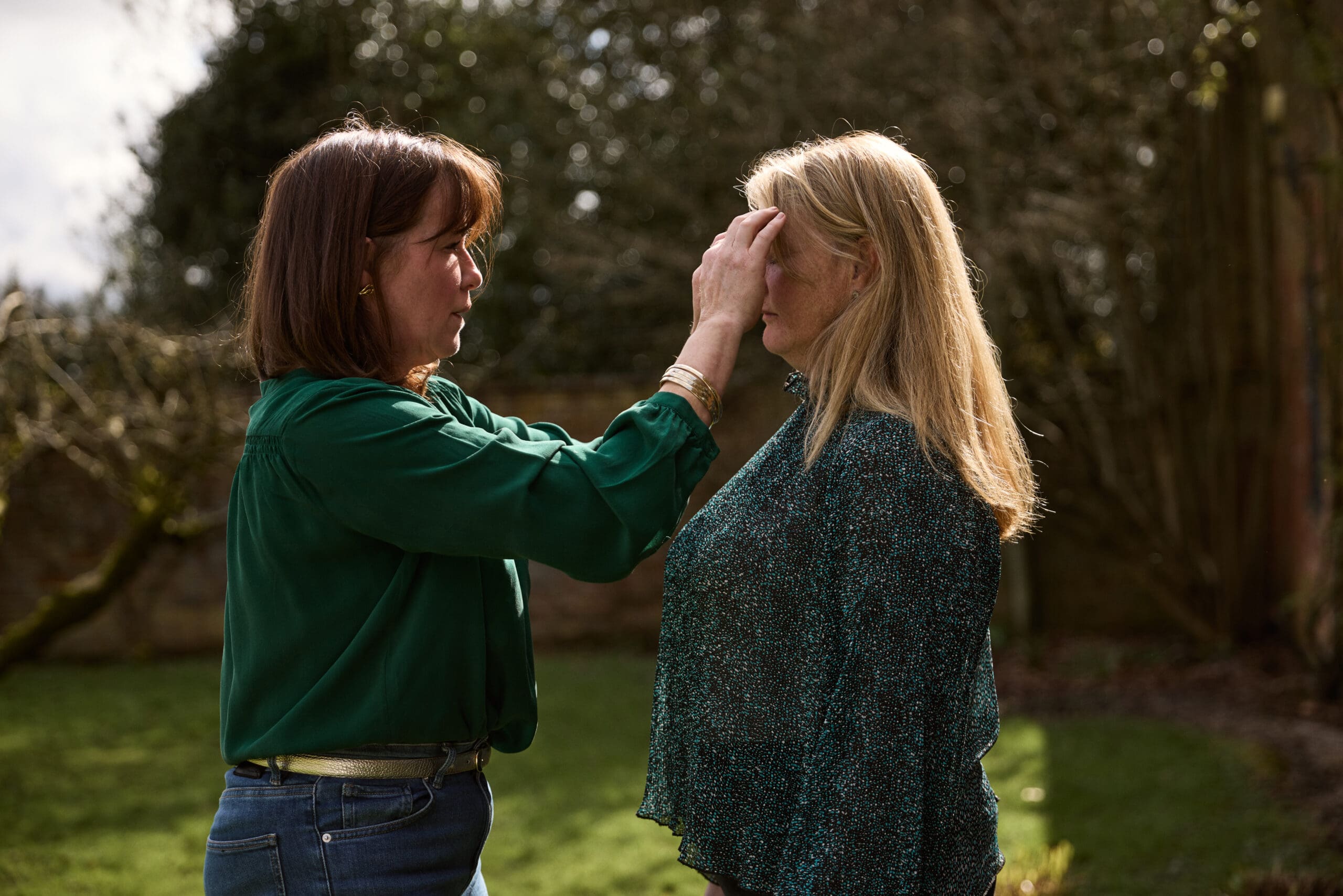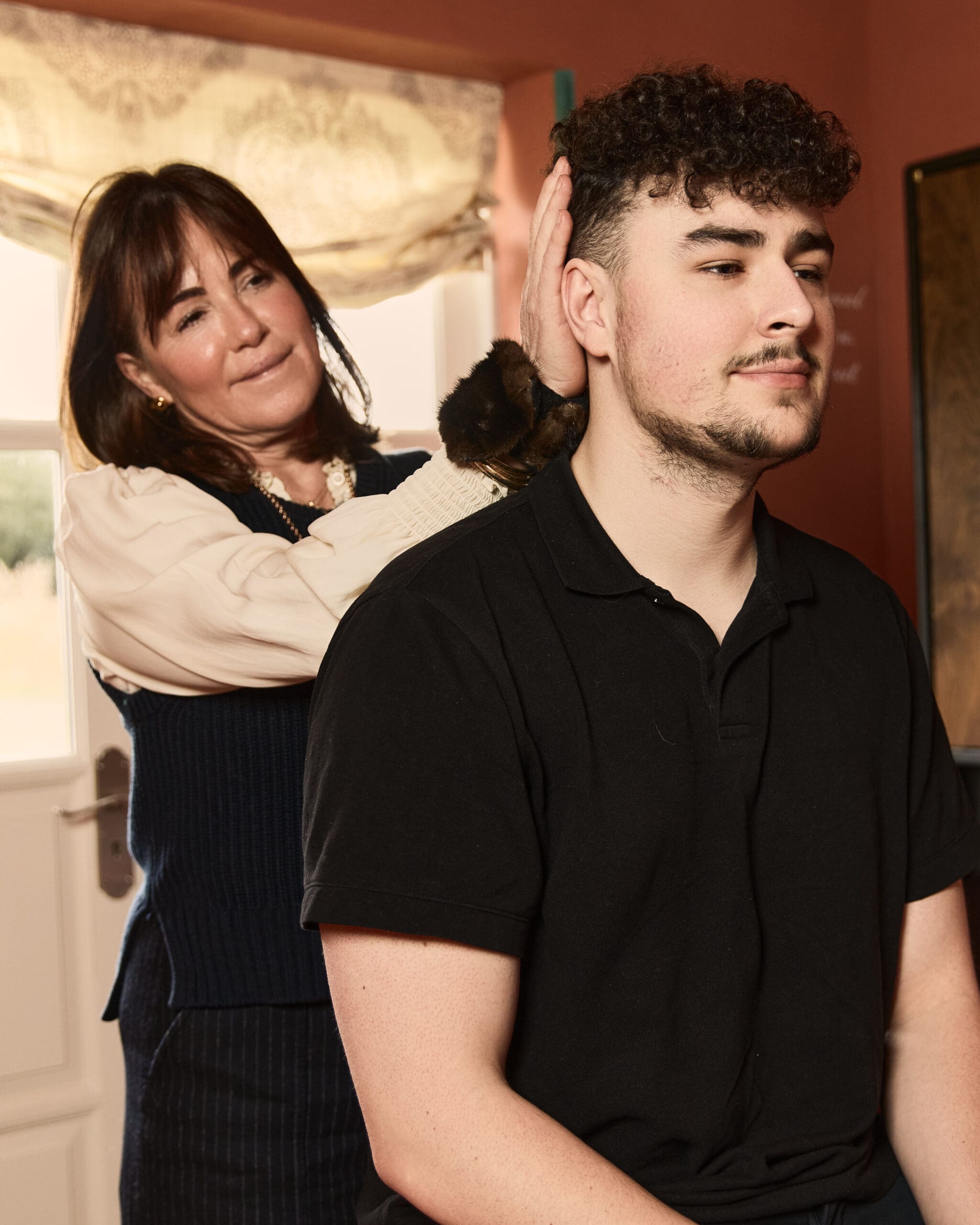
Unlocking the Power of Your Three Brains: A Journey Towards Healing
Did you know that you possess not just one, but three brains? Yes, you read that right! Our brains are incredible organs that play distinct yet interconnected roles in our daily functioning. Understanding these roles can be transformative, especially when it comes to dealing with trauma and emotional challenges.
The Triad of Brains
-
- The Reptilian Brain: This is the oldest part of our brain, responsible for basic survival functions such as breathing, heart rate, and instinctual behaviors. It’s the part that keeps your body running smoothly without you even thinking about it.
- The Limbic Brain: Often referred to as the emotional brain, this area handles feelings such as fear, pleasure, and attachment. It’s where the amygdala resides, a tiny but powerful almond-shaped cluster of nuclei that acts as your brain’s alarm system.
- The Neocortex: This is the youngest part of our brain, associated with higher-order functions such as reasoning, problem-solving, and conscious thought. It enables us to plan for the future, make decisions, and engage in complex social interactions.
The Role of the Limbic Brain: The Alarm System
- The Reptilian Brain: This is the oldest part of our brain, responsible for basic survival functions such as breathing, heart rate, and instinctual behaviors. It’s the part that keeps your body running smoothly without you even thinking about it.
Let’s delve deeper into the limbic brain, particularly focusing on the amygdala. This part of your brain is crucial for survival, it senses danger and sets off the alarm in your system. When it detects a threat, whether real or perceived, it triggers a cascade of biochemical reactions: adrenaline floods your body, and your hippocampus releases cortisol. This rush helps you to either fight, flee, or freeze in response to danger.
However, when unpredictable events or trauma occur, this system can become overloaded. The constant state of alarm can make your survival brain take over your rational neocortex, leaving you feeling stuck, overwhelmed, or paralyzed by fear. Over time, if traumatic experiences happen repeatedly, the alarm system in your brain may become jammed. This creates a scenario where even minor triggers can set off a distressing response. Your emotional memories become trapped in the limbic brain, making it feel like you can never truly escape the past.
The Unseen Benefits of Trauma
While it might seem bleak, it’s crucial to understand that this reaction is your brain’s attempt to protect you. It’s not a sign of weakness but rather a manifestation of a highly adaptive survival mechanism. The challenge arises when these protective mechanisms hinder your ability to live a fulfilling life, leading to feelings of anxiety, depression, or chronic emotional distress.
A Path to Healing: Embracing a Daily Meditation Practice
The good news is that healing from this state of emotional turmoil is simpler than you might think. By incorporating a daily meditation practice into your routine, you can begin to rewire your brain. Meditation encourages you to pause, breathe, and observe your thoughts and feelings without judgment. This mindful approach helps you to detach from overwhelming emotions while promoting a sense of calm and clarity.
In time, your brain will start to reorganize itself chemically, helping to transmute trauma into a source of strength. As you meditate, you develop greater awareness of your triggers, reshaping the way your limbic brain responds to them. Instead of having an instinctive reaction, you can cultivate a conscious response guided by your neocortex, a powerful step towards reclaiming your life and mental wellness.
Conclusion: Your Journey Towards Resilience
In navigating the complexities of your three brains, you possess the tools to foster resilience and healing. Recognizing the roles of your reptilian, limbic, and neocortex brains empowers you to embrace a deeper understanding of yourself.
So why not start today? Begin with just a few minutes of meditation each day and watch how your relationship with your thoughts and emotions evolves. Healing and growth are not only possible; they are within your reach. You have the power to rewrite your narrative, transforming trauma into a catalyst for strength. Your journey towards a more balanced mind awaits.



Leave a Reply